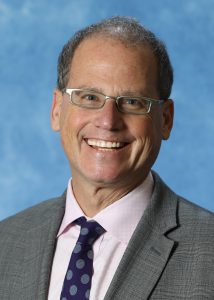
Three years ago our Atlanta Jewish professionals and lay community leaders traveled together to Israel. We represented legacy and emerging organizations plus many synagogues – from Reconstructionist and Reform to Orthodox and Chabad. It was a glorious experience in Jewish pluralism.
After the trip I shared our story of courage and strength in the face of passionate, diverse reactions to the many flash points on our itinerary. These included discussions with Women of the Wall founder Anat Hoffman, encounters with advocates for Arab/Israeli equity in Lod, touring a well-endowed orthodox yeshiva in Gush Etzion and visiting an adjacent Palestinian school that was struggling for survival.
We concluded our trip by committing to never speaking unkindly of each other or assuming malintent. We keep that promise to this day. We still pick up the phone before we make assumptions or accusations. We still use our WhatsApp group to wish each other Shabbat Shalom and mazal tov each week. Those simple acts have diffused conflict and built trust.
Actually, what jumped out at me in the 2021 Pew Research Center’s wasn’t about dwindling Jewish engagement, it was the importance of our promise. The Pew report noted the increasingly sharp religious and political differences between the Orthodox and other Jews. That divide suggests that the community is splitting into two groups increasingly focused on what separates us rather than what unites us.
It’s a very worrisome prospect.
I believe it’s time to double down on intra-faith efforts that create common ground. As I learned in Israel, our polarized politics made us uncomfortable, but being travelers together left us with no choice but to engage in dialogue — and we made time for it. We were literally on the bus together and had to deal with one another, our views, and our feelings. As we worked through it we didn’t come to a shared point of view, but we shared a new level of understanding. We were able to have grace for one another because we listened and leaned into each other’s perspectives.
We are, as a people, on the bus together. We need to act accordingly – leaning toward one another, listening, engaging, struggling to understand even if we don’t agree, rather than retreating to recriminations. If we are going to continue to be a people, we need dialogue, we require grace, and we must resolve to prioritize unity.
For decades, we have collectively done important interfaith work that has yielded results. We are better for it. Now there is an imperative to look inward and deal with intra-faith dialogue. We need more opportunities like Atlanta’s community trip to Israel, and the Wisdom Pairings work we are currently doing, where people gather not just to talk, but to listen and to understand one another. Our Jewish community should always embrace a diversity of voices, but our future depends on where we align.
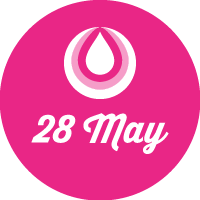
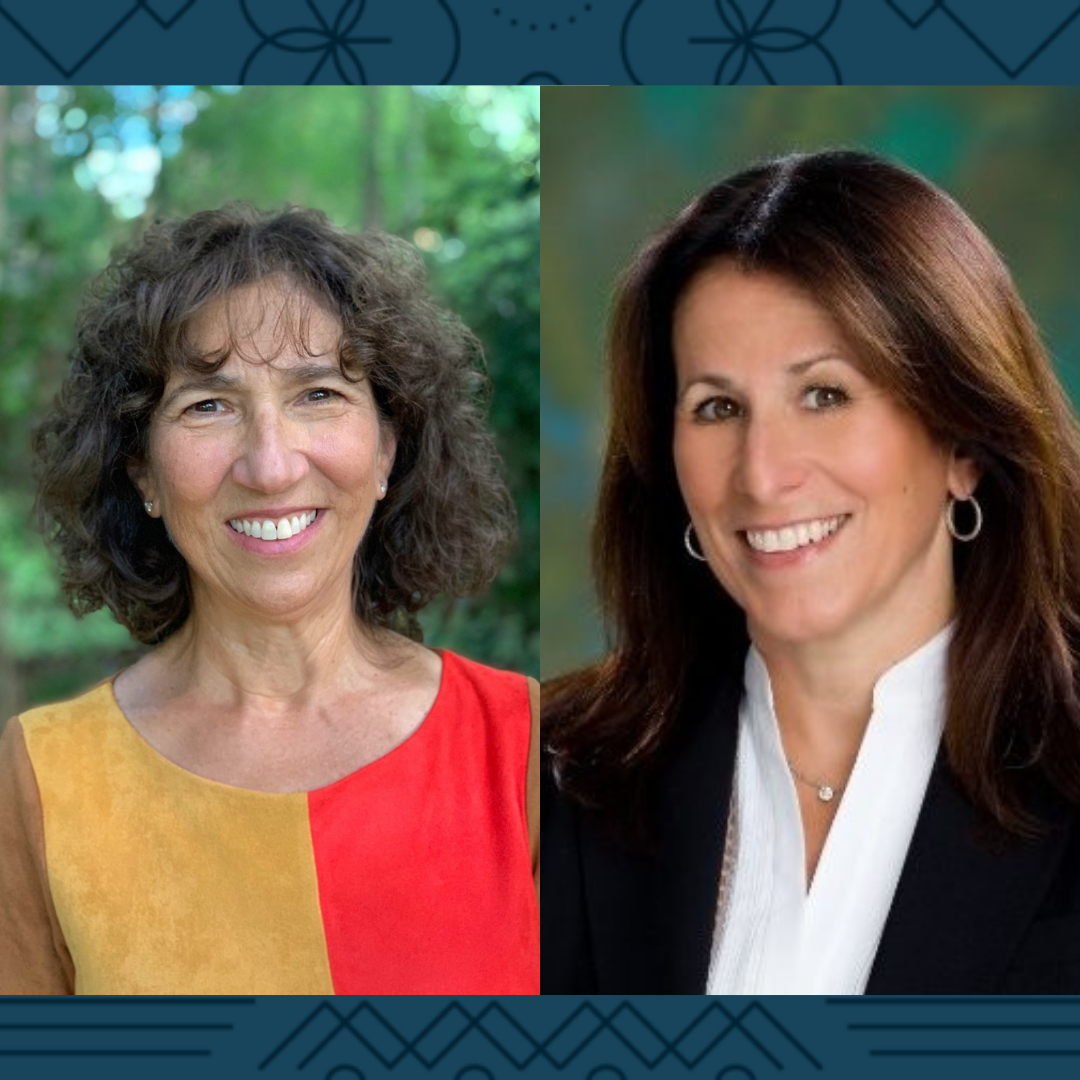

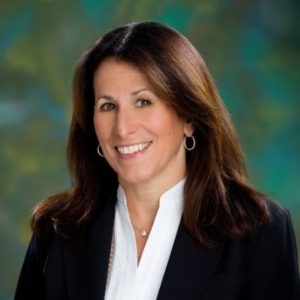

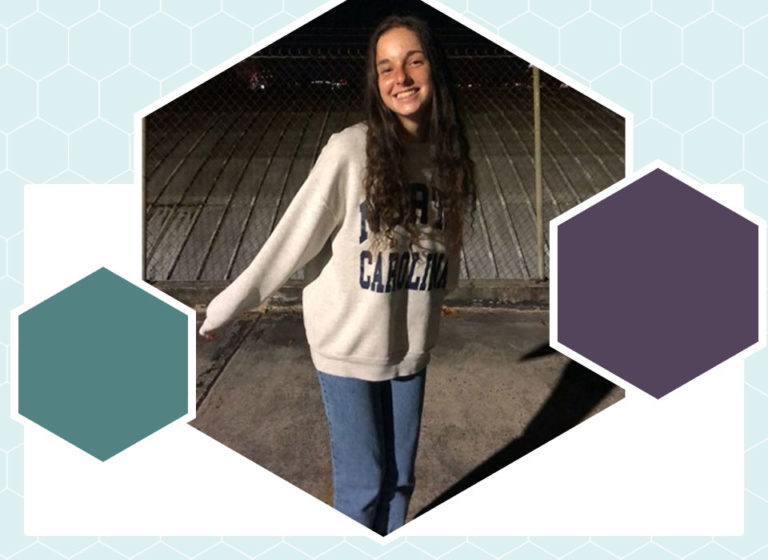


 Federation
Federation

 This year t
This year t


